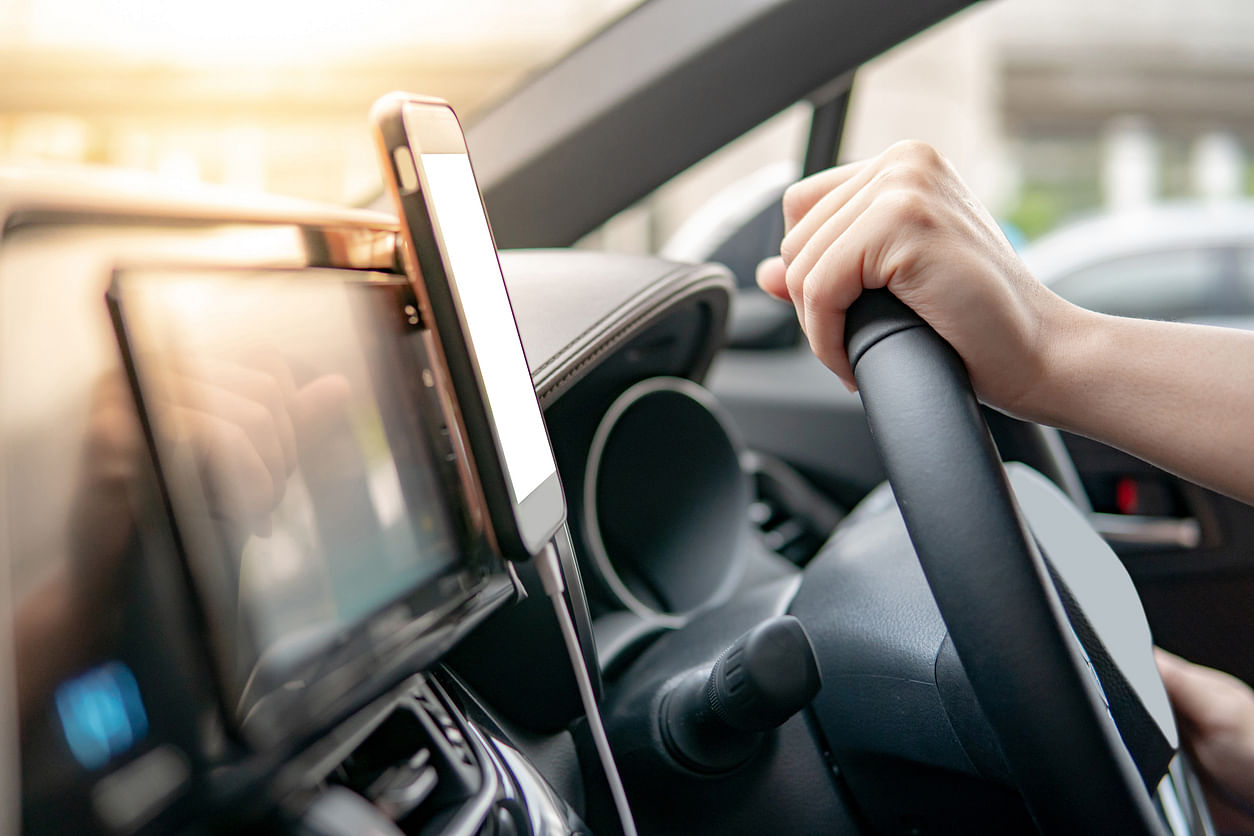
Mobility start-ups, that were shifting markets, mobility behaviour and creating new revenue models have been severely hit by the COVID-19 outbreak, as most operations are completely shut.
However, B2B essentials delivery business is helping some players sustain.
Zypp, an e-Scooter rental start-up has seen a 50% hit in B2C business but a 200% growth in B2B delivery business.
Akash Gupta, Co Founder and Ceo, Zypp said, “We’re budgeting for the impact and crisis to last for the next three months and another three months for the situation to get back to normal.”
Talking about the recovery post the pandemic, he said, “People will be strapped of cash, businesses would have suffered losses, there would have been job losses. It's almost like a situation of recession and hence it'll take time for sentiment and cashflows to get back to regular path."
Another car rental start-up Zoomcar, has also grounded its fleet in accordance with the shutdown order, however, the company is using select vehicles to ensure emergency mobility for the frontline workforce.
“We routinely have thousands of inquiries per day for emergency service support and we are fulfilling them whenever possible,” said Greg Moran, Co-Founder & CEO, Zoomcar.
The Indian shared mobility market was valued at $630.7 million, in 2018, which was expected to surpass $3,466.7 million by 2024, with a CAGR of 27.6%, according to a Prescient & Strategic (P&S) Intelligence report.
Three Wheels United (TWU), a tech-enhanced financier for light electric vehicles in India, revealed that auto rickshaw drivers had seen a decline of about 30% loss in revenues at the start of COVID-19. Their income went to zero with the lockdown.
The company assisted a fraction of drivers by connecting them with online delivery platforms. “These drivers are now able to make three-fourth of what they previously earned,” said Cedrick Tandong, CEO, TWU.
“The willingness of financial institutions to lend and the effects of COVID-19 on the debt market in India are going to be the biggest challenges in the process of recovery,” Tandong said.
Nagesh A. Basavanhalli, a global automotive executive and Chief Executive Officer, Greaves Cotton Limited said, “There is no denying that this situation will have a negative impact on liquidity and would likely put downward pressure on the Indian automotive sector as a whole.”
Rishabh Karwa, Co-Founder of GoMechanic, an automotive servicing start-up, puts the situation into perspective, mentioning that the company has a network of more than 250 workshops and most of them are closed.
“We service more than 10,000 cars a month and that has reduced to zero amid this lockdown.”
The company, is currently repairing and servicing emergency vehicles like ambulances and police vans.